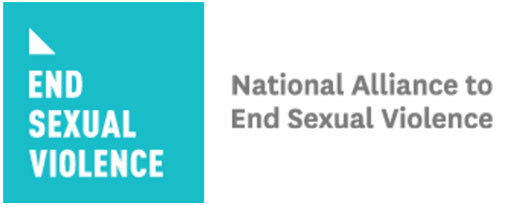The history of rape in the United States is a history of racism and sexism intertwined. Rape was an important tool in white colonists’ violent efforts to repress Native nations. During slavery, both white and black men raped black women with impunity. After the Civil War and during Reconstruction, white mobs lynched numerous black men based on trumped up charges of sexual assault of white women, and the specter of lynching terrorized the black community.
Popular media in this country continue to perpetuate racial stereotypes, particularly about women of color. Portraying black women and Latinas as promiscuous, American Indian and Asian women as submissive, and all women of color as inferior legitimates their sexual abuse. Portraying men of color as sexually voracious and preying on innocent white women reinforces a cultural obsession with black-on-white stranger rape, at the expense of the vastly more common intra-racial acquaintance rape.
Although the data is limited, many women of color appear to be at greatest risk for rape. A nationally representative survey indicates that while almost 18% of white women and 7% of Asian/Pacific Islander women will be raped in their lifetimes, almost 19% of black women, 24% of mixed race women, and 34% of American Indian and Alaska Native women will be raped during their lifetimes. Additionally, undocumented immigrant women who are raped often cannot turn to the authorities because they fear deportation. Moreover, they often lack linguistically appropriate and culturally relevant victim services within their communities.
We at the NAESV know that only by aggressively addressing both racism and sexism will women of color and white women be able to obtain real justice for the sexual crimes we suffer. To that end, we call on everyone, particularly creative people working within popular media, to reject and subvert racial and sexual stereotypes. We call on the press to cover more intra-racial acquaintance rape as a serious social and public health crime.
We must also take responsibility within our own ranks. We call on anti-rape organizations and allied activists to work actively to end racism. We must not use or perpetuate racial stereotypes in working to end violence against women. We also call on anti-racism organizations and allied activists to work actively to end sexism and sexual violence. We must not use or perpetuate sexual stereotypes in our work to end racial injustice.
1. Sarah Deer, Toward an Indigenous Jurisprudence of Rape, 14 KAN. J.L. & PUB. POL’Y 121, 132 (2004). The most respectful way to refer to Native people is by the name of their specific Nation or tribe. When speaking collectively, “American Indian,” “Native American,” “First Nations,” and “Native” are common designations for the heterogeneous, indigenous peoples of North America.
2. JOHN D’EMILLIO & ESTELLE FREEDMAN, INTIMATE MATTERS: A HISTORY OF SEXUALITY IN AMERICA 86 & 95 (1988).
3. Id. at 106 & 111.
4. Id. at 106. There is an exception for Native women, who are raped more inter-racially. American Indians and Crime (BJS, December 2004) http://www.ojp.usdoj.gov/bjs/abstract/aic.htm.
5. PATRICIA TJADEN & NANCY THOENNES, U.S. DEP’T. OF JUSTICE, PREVALENCE, INCIDENCE, AND CONSEQUENCES OF VIOLENCE AGAINST WOMEN: FINDINGS FROM THE NATIONAL SURVEY 5 (1998).


